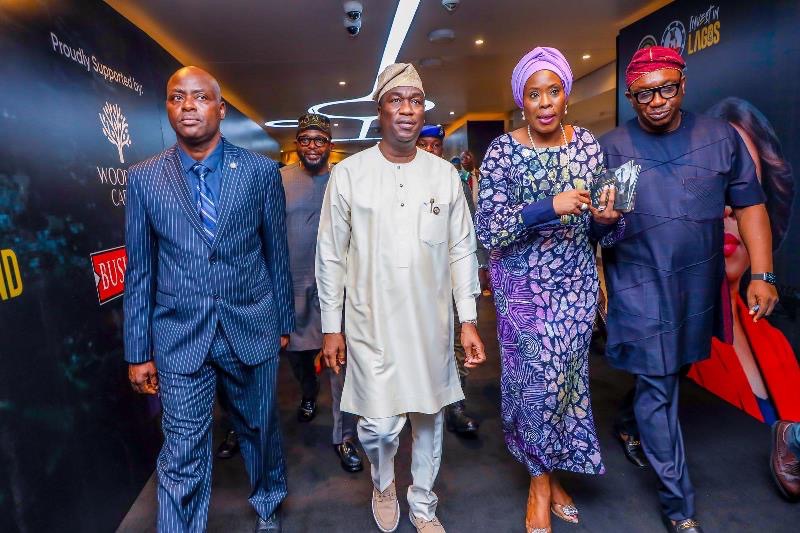Babajide Sanwo-Olu, Lagos State governor, has assured investors that he is consistently creating the enabling environment for businesses and reforming the tax system.
Speaking at the 9th edition of the Lagos Corporate Assembly on Tuesday, Sanwo-Olu, represented by Obafemi Hamzat, deputy governor, said the state has reduced bottlenecks impeding business growth through tax harmonisation.
The event, themed, ‘Unpacking barriers to ease of doing business, accelerating business growth,’ was attended by several business leaders in the private sector and federal agencies, including the Standard Organisation of Nigeria (SON) and the National Agency for Food and Drug Administration and Control (NAFDAC).
The conference comes at a time when multinationals are exiting the country, citing an unconducive business environment and macroeconomic challenges.
Nigeria is currently contending with a record high inflation rate at 33.95 percent (May 2024) due to exchange rate crunch and removal of petrol subsidy.
The inflationary trends have raised Nigeria’s interest rates by a combined 750 basis points, from 18.75 percent in July 2023 to 26.25 percent in May 2024, as the central bank continues to deploy monetary tools to restore investor sentiments in the country.

According to Sanwo-Olu, Lagos holds a significant role in Nigeria. He highlighted that Lagos is the fifth largest economy in Africa, housing 14 industrial estates and four central business districts.
He said it accounts for 70 percent of the country’s industrial investment and 60 percent of its commercial activities.
Lagos, according to the governor, contributes 30 percent of Nigeria’s gross domestic product (GDP) and 50 percent of non-oil GDP. The state’s GDP is equivalent to 24 African countries combined.
Sanwo-Olu noted that the Lagos State government is fostering an environment where businesses can flourish through its development agenda, stressing that the agenda embodies his vision for a ‘Greater Lagos.’
“Allow me to emphasise that in our team’s development agenda, we are unraveling our commitment to fostering an environment where business can flourish. This agenda embodies our vision for a greater Lagos,” the governor said.
He said several business-friendly reforms have been initiated through the implementation of the agenda.
Sanwo-Olu noted that his administration is “simplifying regulatory processes, improving infrastructure and leveraging technology to streamline interactions between businesses and government agencies to minimise bureaucratic blockages and create seamless experience for businesses.”
The governor commended the “resilience of the business community despite numerous challenges, including the current global economic downturn confronting their operations.”
He said businesses in Lagos have continued to “innovate, adapt and contribute significantly to the growth of our state.”
He reassured the business community of his administration’s support, saying he is “committed to providing the necessary resources, infrastructures and policies that will ensure your business not only survive but thrive.”
Delivering her opening address, Folashade Ambrose-Medebem, Lagos commissioner for commerce, cooperatives, trade and investment, said the event has become an engagement platform between the government and corporate sectors to discuss ways to advance businesses into prosperity.
Ambrose-Medebem said through the event, various directives have been made and reforms initiated to aid business operations in the state.
“Lagos state has implemented key reforms which include, land administration, obtaining development permits, electronic payments of taxes and levies,” she said.
In her remarks, Jumoke Oduwole, special adviser to the president on ease of doing business, said Nigeria is not attracting enough investors due to lack of business facilitation, noting that the decline necessitated the establishment of the Presidential Enabling Business Environment and Council (PEBEC).
Oduwole stated that PEBEC is saddled with the responsibility of spurring investors’ interest in the economy, increasing the gross domestic product and improving export activities.
“We all know that we’re not solving these foreign exchange challenges anytime soon without increasing the supply,” Oduwole said.
Olaitan Ibrahim